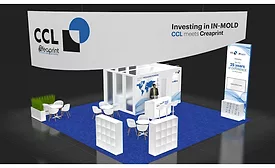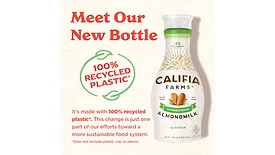Home » Keywords: » plastic bottles
Items Tagged with 'plastic bottles'
ARTICLES
Recycled PET, fiber-based solutions hit on sustainability initiatives
Read More
ROAR Organic releases Dragon Fruit Punch variety
Hydration beverage announces partnership with Plastic Bank
February 19, 2025
Demand for plastic packaging has ebbed and flowed
As consumers prioritize sustainability, plastic beverage packaging adapts
March 26, 2024
Lemon Perfect unveils larger bottles
Flavor-enhanced water also debuts 3 new varieties
January 4, 2024
Packaging Materials
Plastic packaging answers the call for sustainability
Post-consumer recycled plastic adopted by more beverage brands
March 27, 2023
Operations Perspective
Significant changes with beverage packaging
Packaging evolutions impact operations
November 21, 2022
Operations Perspective
The transitions of containers, closures
Changes to packaging result in far-reaching impact on operations
July 18, 2022
Market Insights
Patent-pending gas-trap cap prevents CSDs from going flat
Technology delivers better experience for consumers
May 17, 2022
Elevate your expertise in the beverage marketplace with unparalleled insights and connections.
Join thousands of beverage professionals today. Shouldn’t you know what they know?
JOIN NOW!Copyright ©2025. All Rights Reserved BNP Media.
Design, CMS, Hosting & Web Development :: ePublishing











